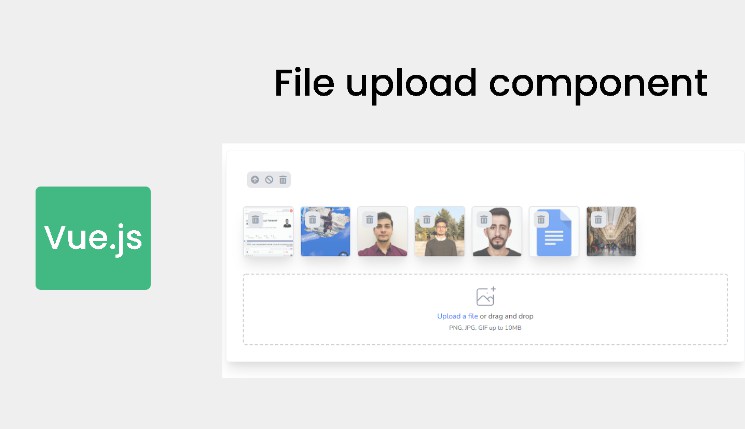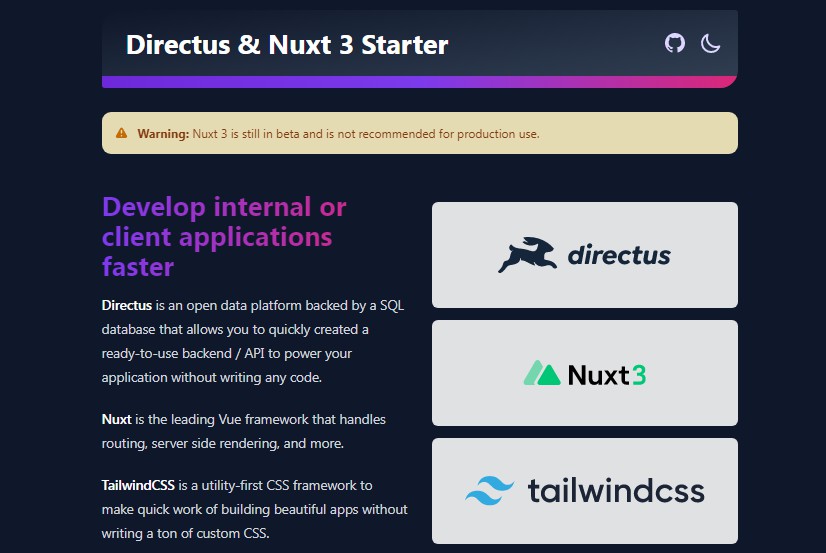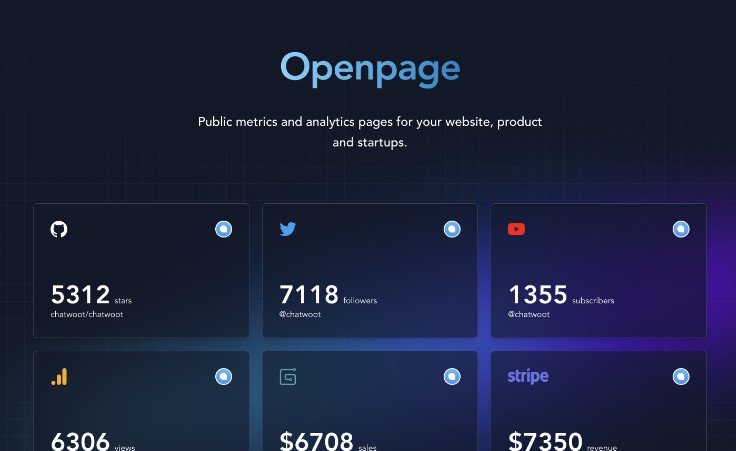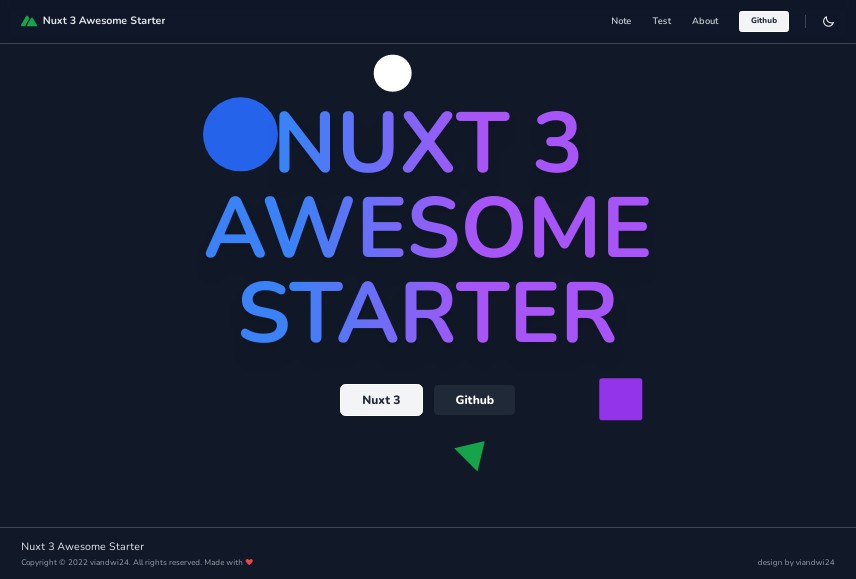Introduction
NuxtShop is a highly-customizable, open-source starter kit for building headless Shopify stores with Nuxt 3. It comes out of the box
with a great developer experience and in-built performance practices as a foundation for a production-quality eCommerce site.
Excerpt
The fallout of the Covid-19 pandemic on eCommerce resulted in a meteoric rise in brand revenue and incremental sales. Universal Standard, the world’s most size-inclusive fashion brand, migrated to a headless Shopify storefront with Nuxt.js, running on Layer0. Not only has the clothing company seen a 200% lift in mobile conversion rate and highest revenue day to date with the migration, but the team velocity has improved dramatically.
NuxtShop is a distillation of how Universal Standard architected the migration and solved for key challenges in headless commerce including:
- Cross-domain communication for cart management
- Optimization for Core Web Vitals
- Apollo client and GraphQL API caching ( coming soon )
- Real-time CDN data synchronization
- Developer productivity
- Performance optimization
- Seamless migration and proven techniques for server-side rendering (SSR), caching, performance optimization, and deployments with an emphasis on developer experience
- Sensible defaults for deployment on Layer0
What NuxtShop Is
NuxtShop is an open source starter kit for developing headless eCommerce on Shopify with Vue 3, Nuxt 3, Apollo, Tailwind 3, and Pinia. It allows you to use the latest technologies like Nuxt3 and Tailwind 3, with less dependencies for a performant ecommerce site. If you’ve written any Nuxt at all, you will be right at home with NuxtShop.
NuxtShop:
- is a lightweight starting point.
- has configurations to help you be productive quickly.
- has minimally styled components with basic functionality ready to extend.
- is opinionated, but not prescriptive.
- provides a starting point for Nuxt + shopify eCommerce at the edge with Layer0.
- has basic eCommerce functionality with a structure that encourages great development practices.
- is made for developers embarking on headless Shopify eCommerce with Nuxt.
What NuxtShop Isn’t
NuxtShop is not:
- a shopify theme.
- a full-featured, plug and play solution/production ready store.
- a design system.
- tightly coupled to any one tool – swap out what you want, add what you need.
Technologies
NuxtShop uses the following technologies:
- Nuxt3 as the Vue framework.
- Pinia for state management in Vue.
- Tailwind CSS for CSS styling.
- Apollo for GraphQL.
- Layer0 for deployment.
- Shopify for Headless eCommerce and as a checkout system.
- TypeScript for type safety.
Features/Benefits
- Easy to setup/get started.
- Only necessary packages required to run.
- Customizable — minimal styling out of the box.
- Cart.
- Shopify checkout.
- 1-click deploy to Layer0 with features like Real User Monitoring
We recommend to look at the documentation.
Getting Started
Make sure to install the dependencies
yarn install
Development
Start the development server on http://localhost:3000
yarn dev
Production
Build the application for production:
yarn build
Checkout the deployment documentation.
Requirements
- Node14 LTS (14.18 recommended)
Recommendations
- VSCode Extensions
- Vetur
- Tailwind intellisense for class autocomplete
- Prettier
- Eslint
Shopify Setup
- Create a Shopify store
- Tip: Sign up as a Shopify Partner to get access to development stores.
- In your new store, go to Apps, create a private app and give it Storefront API access
- Recommended reading: Getting started with the Shopify Storefront API
- This project references a collection named ‘All’, but you can adjust that to whatever you like.
App Setup
- rename .env.sample to .env
- Add your Shopify Access Token and *.myshopify url to the .env variables
Limitations
Because NuxtShop is built in the open and on the bleeding-edge, there are a few limitations to be aware of:
- NuxtShop is built on Nuxt3 which at this time is still officially in beta
- NuxtShop uses the new Shopify Cart API which does not support Shopify Scripts on Plus yet. To use scripts, you can adjust to the Checkout API





